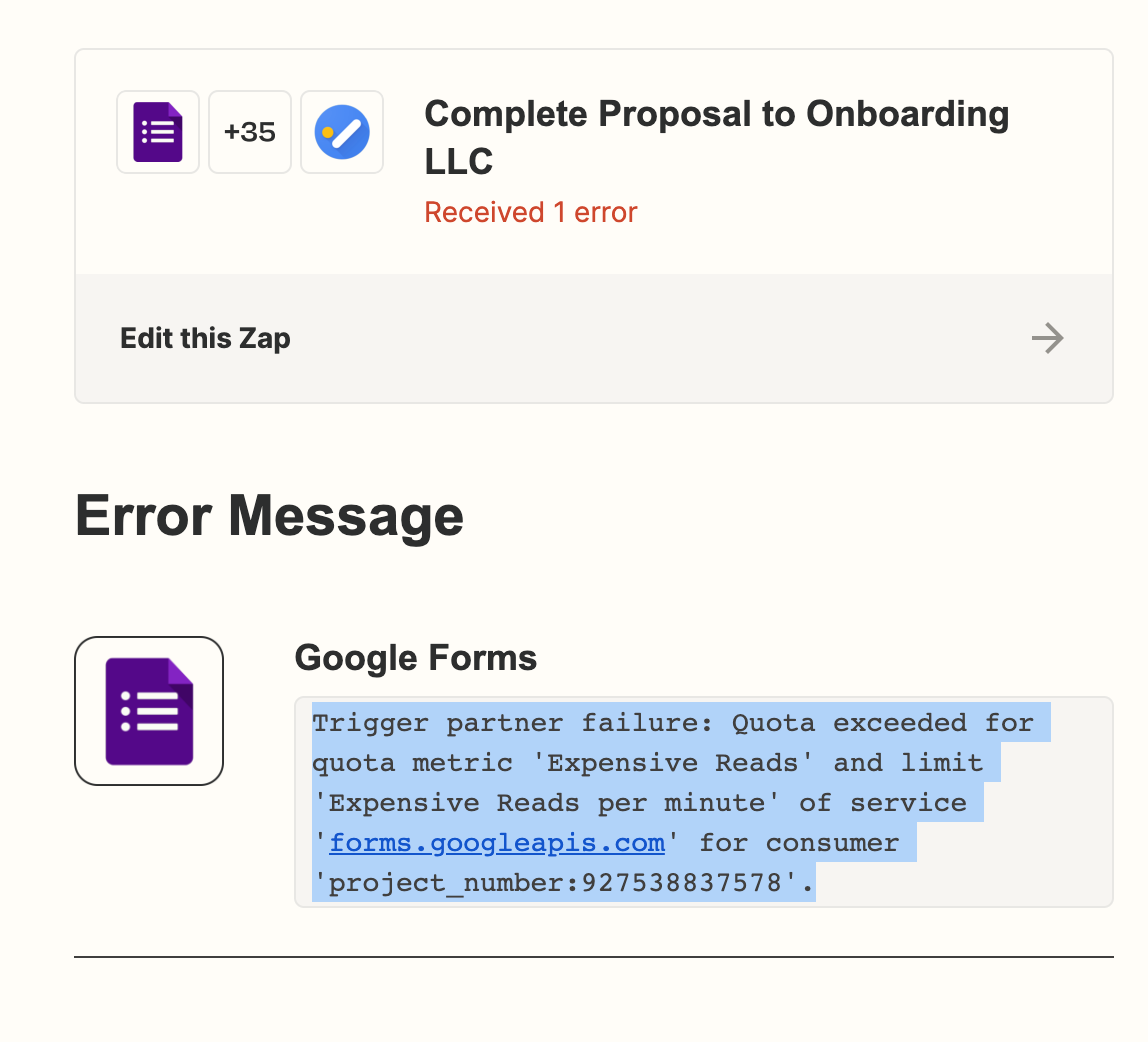The Importance of Presidential Debates: Abc Presidential Debate Time

Presidential debates have become a cornerstone of American democracy, offering a platform for candidates to engage in direct dialogue, present their policy positions, and connect with voters. These televised events have a profound impact on public opinion, influencing election outcomes and shaping the political landscape.
Historical Significance of Presidential Debates
Presidential debates have a rich history, dating back to the 1960 election between John F. Kennedy and Richard Nixon. The first televised debate, which took place on September 26, 1960, is widely credited with showcasing Kennedy’s charisma and communication skills, ultimately contributing to his victory. This historic event highlighted the power of television in shaping public perception and influencing voter preferences.
Since then, presidential debates have become a regular feature of American elections, with candidates engaging in televised discussions on a range of issues. These debates have played a significant role in shaping public opinion and influencing election outcomes, as voters use them to evaluate candidates’ qualifications, policies, and personalities.
Analyzing the Debate

The presidential debate is a crucial event in the electoral process, offering voters a chance to see the candidates interact directly, assess their policy positions, and observe their communication styles. By examining the key moments, strategies, and communication techniques employed, we can gain valuable insights into the candidates’ strengths, weaknesses, and potential impact on the electorate.
Key Moments
The debate’s key moments are those that captured the attention of viewers and potentially influenced their opinions. These moments can include:
- A candidate’s strong or weak performance on a specific issue, particularly if it resonates with the audience’s concerns.
- A particularly memorable exchange between candidates, such as a heated argument or a moment of consensus.
- A candidate’s ability to connect with the audience on a personal level, through storytelling or emotional appeals.
For example, in the 2020 US presidential debate, a key moment was when candidate Joe Biden challenged President Donald Trump on his handling of the COVID-19 pandemic, emphasizing the severity of the situation and highlighting his own plans for addressing it. This moment resonated with many viewers who were personally affected by the pandemic and its economic consequences.
Communication Styles
Candidates employ various communication styles to persuade voters and convey their message effectively. This includes:
- Language: The choice of words, tone, and vocabulary can significantly influence how a candidate’s message is received. For instance, a candidate might use forceful language to emphasize their commitment to a particular policy, or they might use more nuanced language to appeal to a broader audience.
- Body Language: Nonverbal cues, such as posture, facial expressions, and gestures, can convey a candidate’s confidence, enthusiasm, and sincerity. For example, a candidate who maintains strong eye contact and uses confident gestures might appear more credible and persuasive.
- Argumentation Techniques: Candidates use different argumentation techniques to present their views and persuade the audience. These techniques include providing evidence, using logic, appealing to emotions, and attacking their opponent’s positions.
For instance, in a debate on climate change, a candidate might use strong evidence from scientific reports to support their argument for increased government action. Alternatively, they might appeal to voters’ emotions by highlighting the potential consequences of inaction.
Strategies for Engaging with the Audience, Abc presidential debate time
Candidates employ diverse strategies to engage with the audience and connect with their concerns. These strategies include:
- Directly addressing the audience: Candidates might use phrases like “My fellow Americans” or “You know, folks,” to create a sense of connection and familiarity.
- Using personal anecdotes and stories: Sharing personal experiences can help candidates connect with the audience on an emotional level and demonstrate their empathy and understanding.
- Emphasizing common ground: Candidates might highlight shared values and concerns to build consensus and appeal to a wider range of voters.
- Responding to audience questions: By directly answering questions from the audience, candidates demonstrate their responsiveness and willingness to engage with the public’s concerns.
In a debate on healthcare, a candidate might share a personal story about a loved one’s experience with the healthcare system to illustrate the importance of affordable healthcare access. This personal touch can resonate with voters who have faced similar challenges.
Abc presidential debate time – The ABC presidential debate is set to begin at 9 PM EST, and viewers are eager to see how the candidates perform. A key question on everyone’s mind is who’s winning in the presidential debate , as the outcome could have a significant impact on the upcoming election.
Stay tuned to ABC for the live broadcast and analysis of the debate.
The ABC presidential debate is a significant event, drawing millions of viewers. It’s a time when the candidates are put under the microscope, and the media plays a crucial role in covering it. One journalist who has consistently provided insightful coverage is linsey davis , known for her sharp questions and ability to dissect complex issues.
Her reporting on the debate will undoubtedly be a must-read for anyone interested in understanding the candidates’ positions and the implications of their statements.
